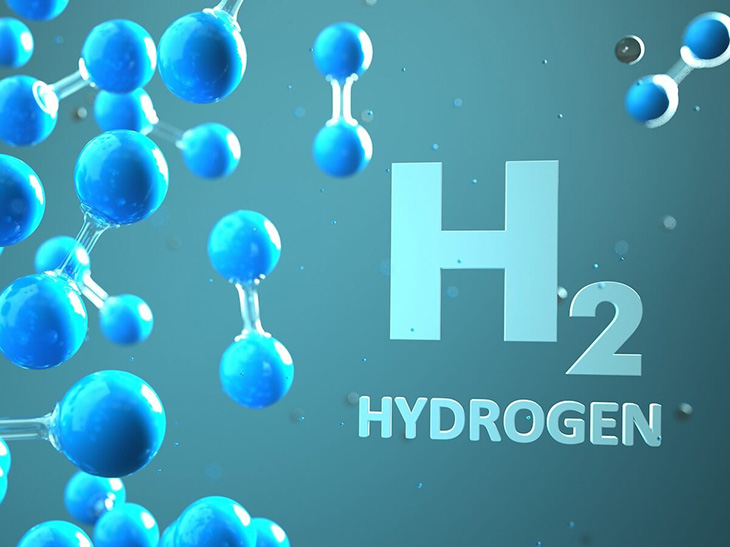
Australia is an island nation that has its own set of talented researchers. Just recently, a group of them have been able to successfully split seawater to produce green hydrogen, and this was done without pre-treatment and filtering.
An international chemical engineering team that worked under the University of Adelaide’s Professor Shizhang Qiao and Associate Professor Yao Zheng, were motivated by one fact, and that is that the only thing emitted by hydrogen fuel is actually water.
“We have split natural seawater into oxygen and hydrogen with nearly 100 percent efficiency, to produce green hydrogen by electrolysis, using a non-precious and cheap catalyst in a commercial electrolyzer,” Professor Qiao said when he talked about their discovery.
“We used seawater as a feedstock without the need for any pre-treatment processes like reverse osmosis desolation, purification, or alkalization,” Associate Professor Zheng also said.
The team reports the findings and said that they discovered the performance of their seawater with catalysts of cobalt oxide and chromium oxide resembles the performance of expensive platinum/iridium catalysts that are going through a feedstock of highly purified and deionized water.
“Increased demand for hydrogen to partially or totally replace energy generated by fossil fuels will significantly increase scarcity of increasingly-limited freshwater resources,” explained Zheng.
The best part about this discovery is the fact that seawater is an almost infinite resource. It is thought to be a natural feedstock electrolyte. This type of energy comes in very handy and is extremely practical for areas that have long coastlines and a good amount of sunlight on a yearly basis.
The process that they discovered is called seawater electrolysis. It is still in its early stages of development when compared to pure water electrolysis. That’s because the researchers have to take into account the electrode side reactions, and corrosion that comes with the complexities of making use of seawater as a source.
“It is always necessary to treat impure water to a level of water purity for conventional electrolyzers including desalination and deionization, which increases the operation and maintenance cost of the processes,” said Associate Professor Zheng. He is the co-author of the study published in the journal Nature Energy.
“Our work provides a solution to directly utilize seawater without pre-treatment systems and alkali addition, which shows similar performance as that of existing metal-based mature pure water electrolyzer,” he explained.
As of right now, the team behind it all will continue to look into and work on scaling up the system by making use of a larger electrolyzer. They are doing this so that it can be used in commercial processes like hydrogen generation for fuel cells and ammonia synthesis.
It is with hope that they get to perfect the process so that people will have another sustainable source of energy. The best part about seawater is that this is available for many countries, especially those near the coastlines and those that enjoy sunny weather for most of the year.
What are your thoughts? Please comment below and share this news!
True Activist / Report a typo


